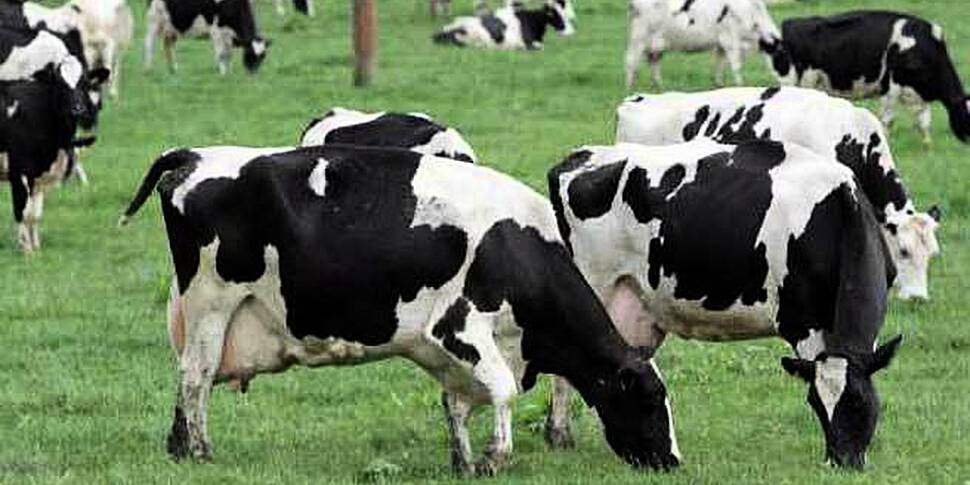Russia has confirmed details of a wide-ranging ban on food from the EU and United States. The one-year ban will cover imports into Russia of meat, fish, milk and milk products, fruit and vegetables from the European Union (EU).
Other countries affected include the United States, Australia, Canada and Norway.
It is in response to sanctions imposed on Russia over events in Ukraine and it will affect more than €200m of Irish exports.
The Agriculture Minister Simon Coveney has said "This move is obviously unwelcome from an Irish and broader EU perspective, but we cannot say it was totally unanticipated, given the recent evolution of events".
"My Department are currently working to clarify the specific details of the ban. The impact on Ireland will depend both on the products covered by the ban and any knock-on effects on international market prices as banned product seeks replacement markets".
Mr Coveney says that while Ireland's agri-food export trade with Russia represents less than 2.5% of total agri-food export, "this very much belies the importance of this market in terms of its future potential," he said.
"The obvious preference is for a normalisation of trade relations but these issues cannot be viewed without taking into account the overall political context" he added.
Mr Coveney has asked Bord Bia to establish an advice line for Irish firms that export to Russia - which will make the most up to date information available to these companies. It can be contacted on 01-6142-292.
While work is continuing to determine exactly what products are covered by the ban, Mr Coveney noted that initial indications were that casein, infant formula and tea extract are not being banned.
"My Department will maintain an ongoing assessment of the situation, where intensive engagement is already ongoing with Russian authorities regarding agri-trade issues including temporary restrictions already in place on certain exports in specific sectors." Mr Coveney concluded.
But Eddie Downey of the Irish Farmers Association says it will affect more people in Russia than Ireland.
The EU Commission says it "regrets" the announcement by Russia, calling it "clearly politically motivated".
"We underline that the European Union's restrictive measures are directly linked with the illegal annexation of Crimea and destabilisation of Ukraine" it says.
"Following full assessment by the Commission of the Russian Federation's measures, we reserve the right to take action as appropriate" the Commission adds.
Irish agricultural exports to Russia for 2013 were worth €235m. Irish exporters to Russia will be concerned that their €1.1bn in goods and services exports will be risk.
The Russian President Vladimir Putin last night announced he is to stop all agricultural imports from the EU and the US coming into the country for one year.
Irish exports to Russia have already fallen by 31% in the first five months of this year.
Pork exporters were hit, as Russia banned EU pork at the start of the year as the Ukraine crisis escalated. This cut off 25% of all European pig meat exports.
In a move to off-set the impact of the EU-US sanctions, Russia has now opened up new food contracts with a range of major Brazilian suppliers.
But Mr Coveney told Newstalk Breakfast earlier that this latest move is no surprise.
Originally published 10:16









